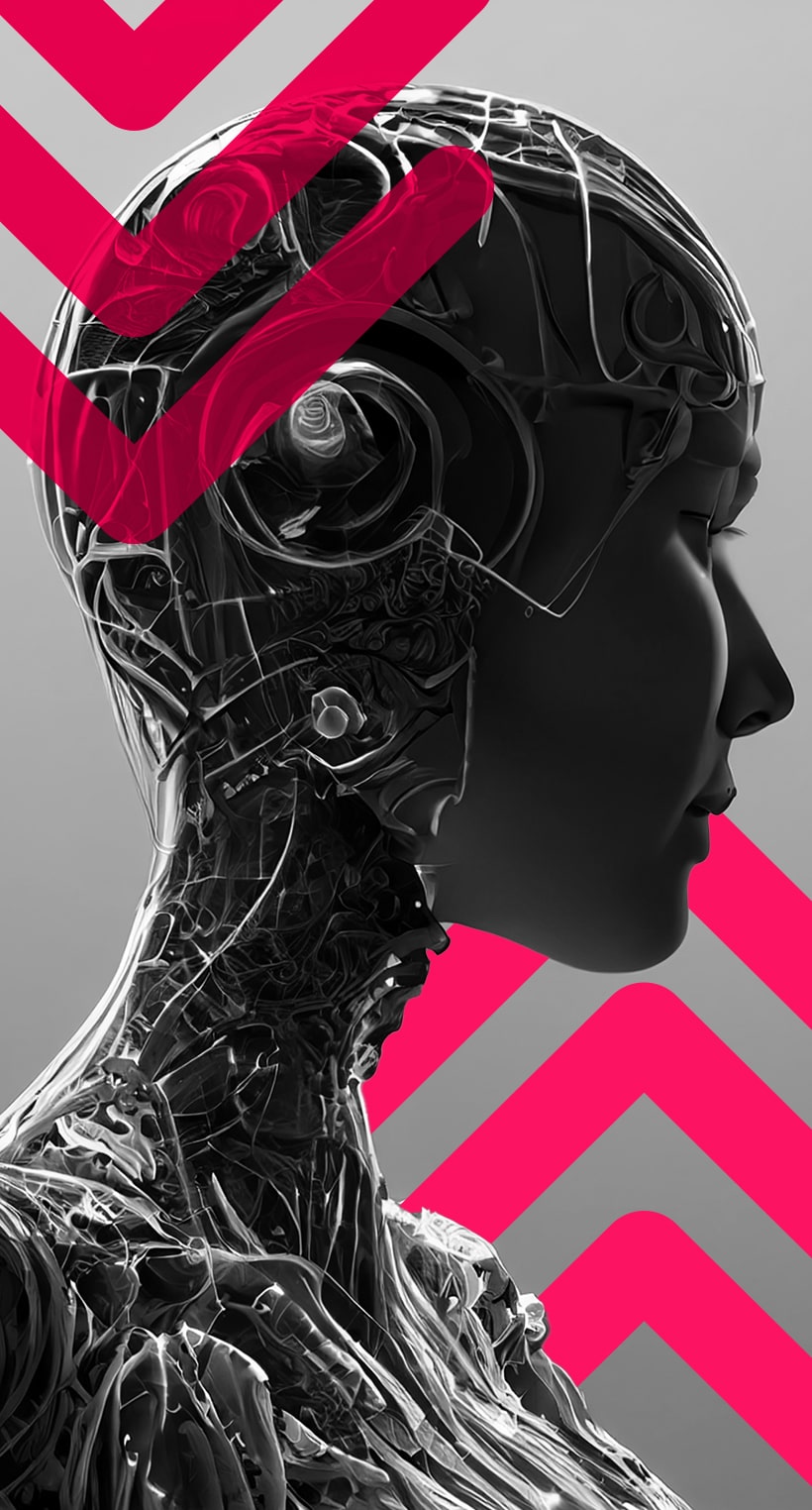The integration of Artificial Intelligence (AI) in universities has the potential to revolutionise teaching and learning, making education more personalised, efficient, and accessible. This article explores how this technology can be harnessed to enhance the learning experience for students and streamline administrative processes.
The Role of Artificial Intelligence in Universities
AI has the power to transform universities in multiple ways. Firstly, it can personalise the learning experience by adapting to the individual needs and preferences of students. With the help of AI algorithms, educators can create customised learning paths, curate content, and provide real-time feedback tailored to each student’s strengths and weaknesses. This personalised approach boosts students’ engagement and motivation and maximises their learning outcomes.
Secondly, AI can automate administrative tasks, freeing up valuable time for educators and staff. From managing admissions and enrollment to grading assignments and generating reports, AI-powered systems can streamline these processes, reducing human error and increasing efficiency. This allows university personnel to focus on more meaningful tasks, such as mentoring students and conducting research.
The Benefits of AI in Education
The integration of AI in education brings forth a multitude of benefits. Firstly, AI-powered technologies can enhance the quality of education by providing intelligent tutoring systems. These systems can assess students’ knowledge gaps, offer personalised recommendations, and deliver targeted interventions. As a result, students receive tailored support and guidance, leading to improved learning outcomes.
Moreover, AI can facilitate data-driven decision-making in universities. By analysing student data, AI algorithms can identify trends, patterns, and areas for improvement. This enables educators to make evidence-based decisions, implement effective teaching strategies, and allocate resources more efficiently. Additionally, AI can help universities predict student performance and identify at-risk students who may need extra support, enabling early intervention to prevent dropout rates.
AI-Powered Teaching and Learning Tools
AI-powered teaching and learning tools are revolutionising the education landscape. One such tool is intelligent tutoring systems (ITS), which use AI algorithms to provide personalised instruction. ITS can assess students’ knowledge, identify misconceptions, and offer targeted feedback. These systems adapt to students’ learning styles and pace, ensuring they grasp concepts effectively. By analysing student responses and interactions, ITS can also provide valuable insights to educators, enabling them to tailor their teaching strategies and address individual needs.
Another notable AI-powered tool is virtual reality (VR) and augmented reality (AR). These immersive technologies can create interactive and engaging learning environments, bringing abstract concepts to life. For example, medical students can practice surgeries in a virtual setting, engineering students can simulate complex structures, and history students can explore historical events through virtual reconstructions. This hands-on approach enhances students’ understanding and retention of knowledge, making learning more enjoyable and effective.
AI Applications in Student Support Services
AI is transforming university student support services, enhancing the overall student experience. Chatbots, powered by AI, are becoming increasingly popular in providing instant and personalised assistance. These virtual assistants can answer frequently asked questions, guide students through university processes, and offer support outside office hours. Chatbots not only save time and resources but also ensure that students receive timely help, improving their satisfaction and engagement.
Furthermore, AI can assist in career counselling and guidance. By analysing students’ skills, interests, and market trends, AI algorithms can suggest suitable career paths and provide recommendations on relevant courses and internships. This personalised approach empowers students to make informed decisions about their future and align their education with their career goals.
Overcoming Challenges in Implementing AI in Universities
While the potential benefits of AI in education are immense, integrating this technology in universities comes with its set of challenges. Firstly, there may be resistance from educators who fear that AI will replace their roles. However, it’s important to highlight that AI is designed to augment rather than replace human teachers. AI can handle administrative tasks, provide personalised support, and offer valuable insights, allowing educators to focus on higher-order skills such as critical thinking and creativity.
Another challenge lies in the ethical considerations surrounding AI in education. As AI systems collect and analyse vast amounts of student data, privacy concerns arise. Universities must ensure that data is handled securely, with transparent policies and safeguards in place. Additionally, there is a need to address bias in AI algorithms to prevent discrimination and ensure equal opportunities for all students.
AI in University Research and Innovation
AI is not only transforming teaching and learning but also driving innovation in university research. AI algorithms can analyse vast amounts of research data, identify patterns, and generate insights that may have otherwise gone unnoticed. This enables researchers to accelerate the pace of discovery and make breakthroughs in various disciplines.
Additionally, AI can assist in automating repetitive tasks in research, such as data collection and analysis. This frees up researchers’ time, allowing them to focus on more complex and creative aspects of their work. AI can also facilitate collaboration among researchers by recommending potential collaborators, matching research interests, and providing real-time feedback on research proposals.
Conclusion
AI has the power to revolutionise teaching and learning at universities. By personalising the learning experience, automating administrative tasks, and enhancing student support services, AI can transform education into a more efficient, accessible, and student-centered endeavor. However, the integration of AI in universities must be accompanied by ethical considerations, ensuring data privacy, fairness, and transparency. As AI continues to evolve, the future of higher education holds immense potential for innovation and lifelong learning. Embracing AI in education is not just a trend, but a necessity for universities to prepare students for the challenges and opportunities of the future.
;)
;)
;)